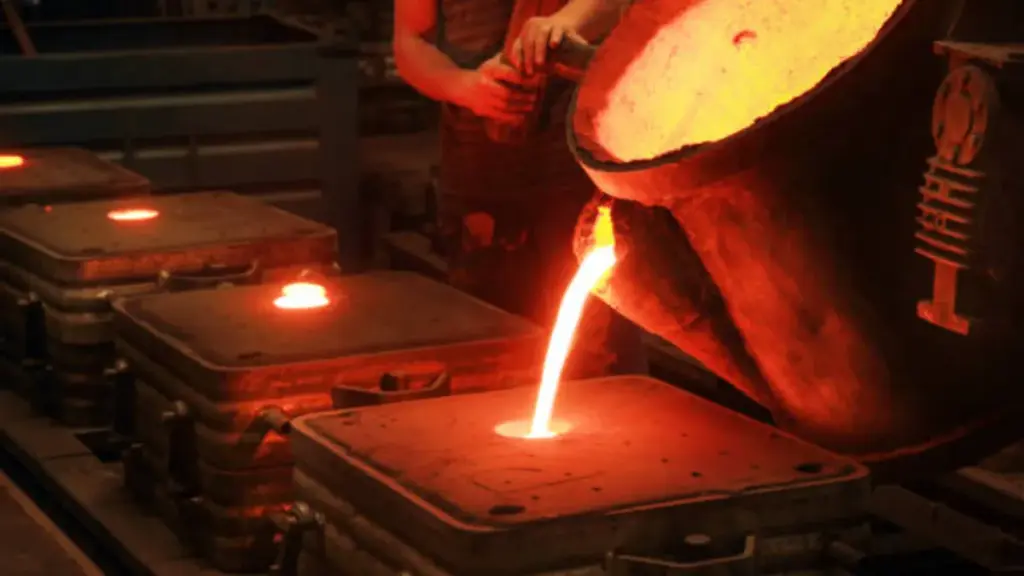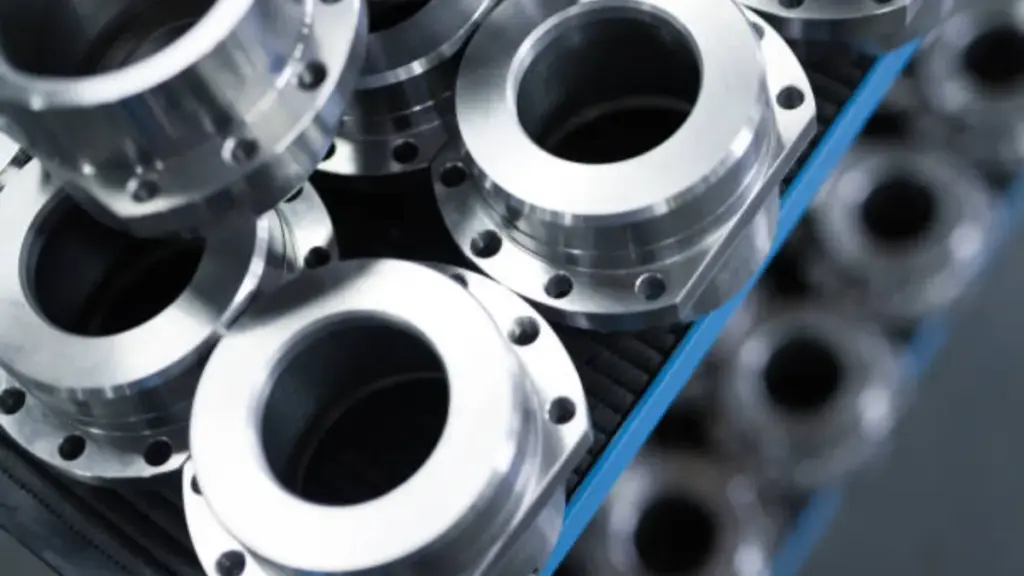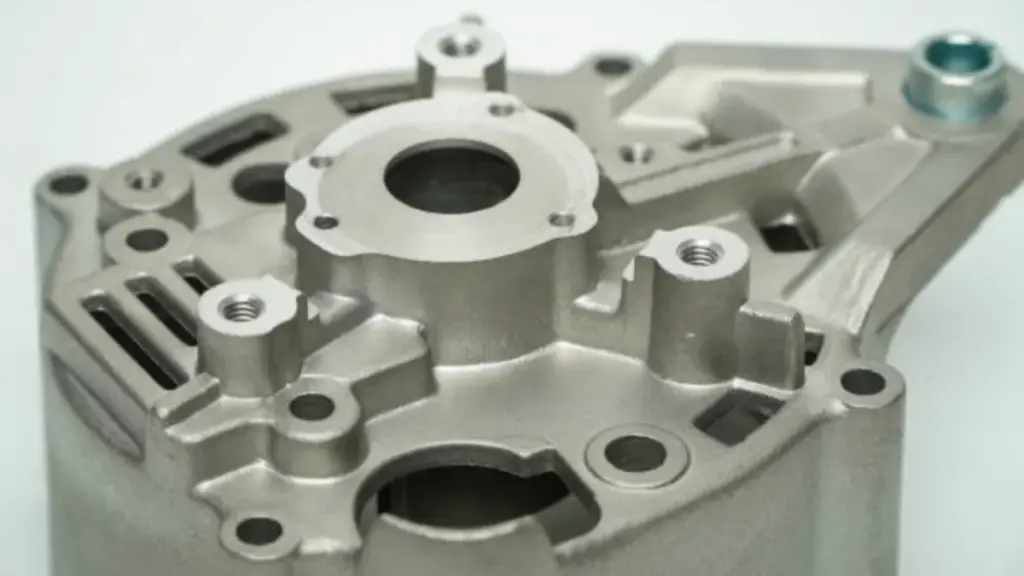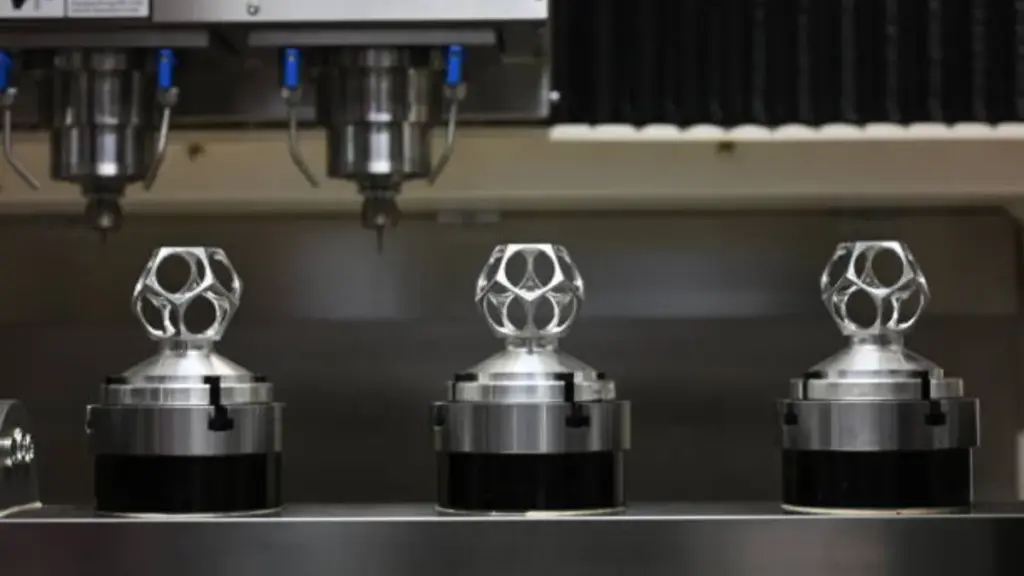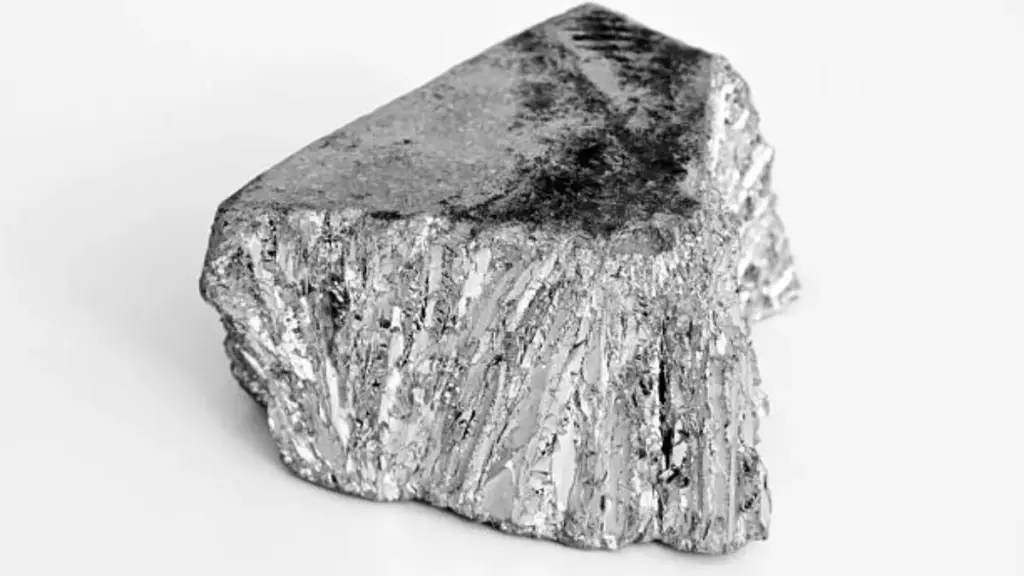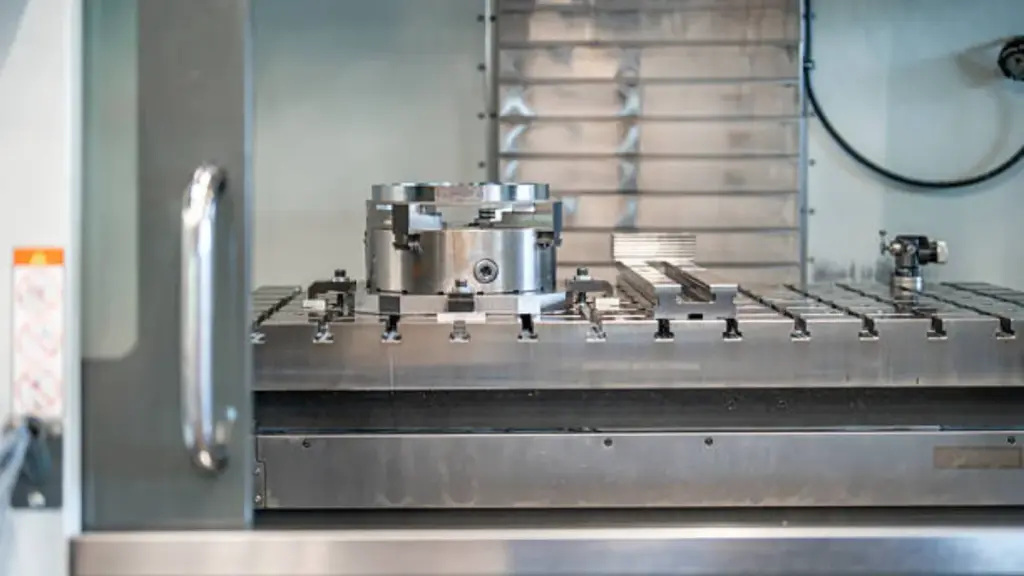Когда дело доходит до литья металла, есть над чем подумать, верно? У вас разные металлы, разные методы литья, и еще целый ряд факторов, которые могут повлиять на ваш выбор. Но если вам интересно какой металл чаще всего используется в процессе литья, ты в правильном месте. Давайте разберем все это!
Обзор процесса литья
Литье металла — это производственный процесс, при котором расплавленный металл заливают в форму, охлаждают и затвердевают до желаемой формы.. Звучит довольно просто, но это еще не все! Тип металла, который вы используете, и способ его отливки играют большую роль в качестве конечного продукта..
Выбор металла определяет многое—сила, долговечность, и устойчивость к износу, среди прочего. Выбор подходящего металла для вашего проекта? Это важно, и это зависит от требований продукта и отрасли, использующей его.
Обычно используемые металлы в литье
Критерии выбора литейных металлов
Так, какой материал часто используется при литье? Все сводится к таким факторам, как расходы, сила, масса, и долговечность. Некоторые металлы лучше переносят тепло., другие более гибкие, а с некоторыми просто работать дешевле. Знание того, что наиболее важно для вашего продукта, помогает сузить выбор..
Черные против. Цветные металлы в литье
Вы наверняка слышали о черных и цветных металлах.. Черные металлы содержат железо, а цветные металлы нет. Черные металлы (как сталь и железо) очень прочные и долговечные, но они могут ржаветь. Цветные металлы (как алюминий и медь) легкие и устойчивы к коррозии, что делает их идеальными для различных типов литья.
Алюминий: Наиболее часто используемый металл при литье
Почему алюминий так популярен в литье? Алюминий является прочным материалом и широко используется для литья.. Почему? Он отвечает всем требованиям, которые вы ожидаете от отливочного материала.. Это легкий, прочный, устойчивый к коррозии, и относительно недорого. Неудивительно, что его используют во многих отраслях.!
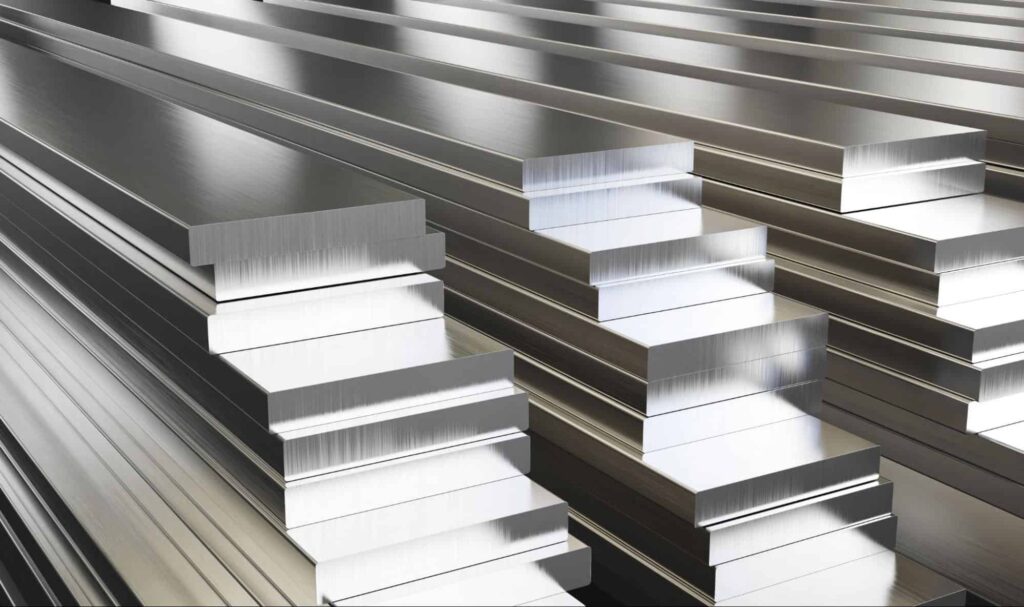
Легкий и высокопрочный
Несмотря на то, что легкий, алюминий обладает превосходной прочностью. Идеально подходит для применений, где вес имеет значение., как в аэрокосмической и автомобильная промышленность. Вы получаете лучшее из обоих миров — силу без массы..
Устойчивость к коррозии
Естественная устойчивость алюминия к коррозии делает его идеальным для изделий, подвергающихся воздействию агрессивных сред., например уличная мебель или компоненты двигателя. Не ржавеет, как черные металлы., поэтому он прослужит дольше в тяжелых условиях.
Экономическая эффективность в крупномасштабном производстве
В крупносерийном производстве, литье алюминия под давлением это экономически выгодный выбор. С ним легко работать, требуется меньше энергии для плавления, и может быть переработан, что снижает общие затраты производителей.
Широкое применение в различных отраслях
Вы найдете алюминий повсюду — в автомобилях, самолеты, электроника, строительные материалы, и даже товары народного потребления. Универсальность и доступность делают его наиболее часто используемым металлом при литье в самых разных отраслях промышленности..
Другие часто используемые металлы при литье
Сталь
Сталь известна своей невероятной прочностью и долговечностью.. Он часто используется в тяжелых условиях эксплуатации, где прочность является ключевым фактором., как строительство и машины. Однако, он тяжелее алюминия и может ржаветь, так что это не всегда лучший выбор для каждого проекта.
Железо
Чугун, особенно серый чугун, еще один популярный вариант. Он чрезвычайно прочен и идеально подходит для таких применений, как блоки двигателей., трубы, и посуда. Но как сталь, железо тяжелое и склонно к ржавчине.
Медь и медные сплавы
Медь и ее сплавы (как бронза и латунь) также широко используются в литье, особенно для декоративных предметов или компонентов, где важна проводимость. Медь прочна и хорошо проводит тепло и электричество., но он дороже алюминия или стали.
Цинк
Цинк отлично подходит для маленьких, сложные отливки благодаря низкой температуре плавления и превосходной текучести. Его часто используют при литье под давлением для таких вещей, как крепеж., небольшое оборудование, и автомобильные детали. Он не такой прочный, как сталь или алюминий., но его легко отливать и он обеспечивает отличную детализацию.
Преимущества и недостатки различных металлов при литье
Плюсы и минусы алюминия
- Плюсы: Легкий, устойчивый к коррозии, экономически эффективный, очень универсальный
- Минусы: Меньшая прочность по сравнению со сталью., склонен к растрескиванию при сильном напряжении
Плюсы и минусы стали
- Плюсы: Сильный, прочный, идеально подходит для тяжелых условий эксплуатации
- Минусы: Тяжелый, склонен к ржавчине, дороже обрабатывать
Железо плюсы и минусы
- Плюсы: Отличная долговечность, высокая износостойкость
- Минусы: Тяжелый, подвержен ржавчине, хрупкий по сравнению с другими металлами
Медь и цинк: Сильные и слабые стороны
- Медь: Сильный, высокая проводимость, но дорогой и тяжелый
- Цинк: Легко кастовать, низкая температура плавления, но не такой прочный, как алюминий или сталь
Как выбрать правильный металл для вашего проекта литья?
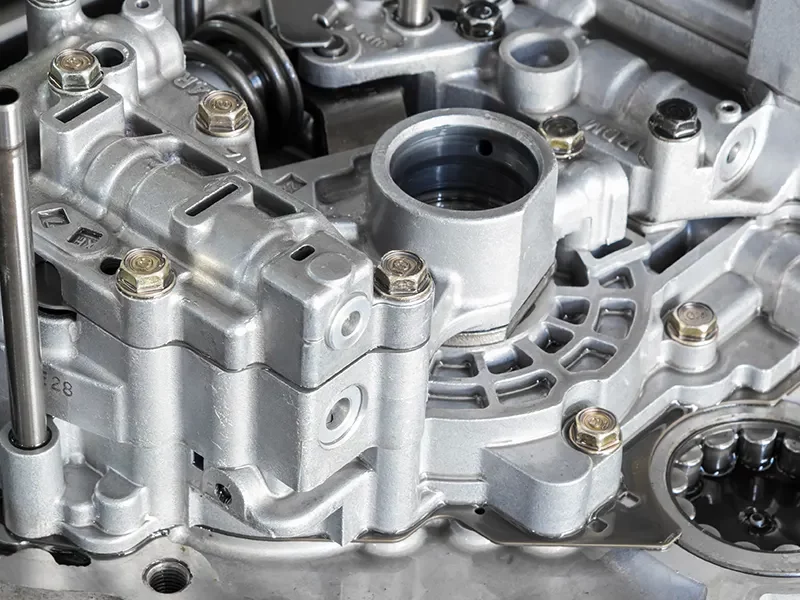
Учет свойств материала
Выбор подходящего металла зависит от таких факторов, как прочность., масса, долговечность, и устойчивость к коррозии. Алюминий может отлично подойти для легких проектов., но если тебе нужно что-то посильнее, сталь или железо могут быть лучше. Подумайте, что наиболее важно для вашего приложения.
Требования проекта и отраслевые стандарты
В разных отраслях действуют разные стандарты. Например, аэрокосмической промышленности нужен легкий, прочные металлы, такие как алюминий, в то время как строительная отрасль полагается на более тяжелые, более прочные металлы, такие как сталь. Всегда согласовывайте свой выбор с требованиями вашего конкретного проекта.. Также вы можете проконсультироваться с производитель литья под давлением. Эти эксперты могут помочь вам, основываясь на своем опыте работы с различными методами литья и металлами..
Отраслевые предпочтения в области металлов
Автомобильная промышленность
В автомобильном мире, алюминий является лучшим выбором из-за сочетания легкого веса и высокой прочности.. Обычно используется в блоках двигателей., случаи передачи, и кузовные панели. За счет снижения общего веса транспортных средств, алюминий помогает улучшить топливную экономичность и производительность. Это делает его важным материалом для современного автомобильного дизайна и производства..
Аэрокосмическая промышленность
Для аэрокосмического сектора, каждая унция имеет значение. Алюминий предпочтителен из-за его небольшого веса и высокой прочности., которые имеют решающее значение для компонентов самолета. Использование алюминия помогает минимизировать общую массу самолета., повышение топливной эффективности и производительности без ущерба для долговечности. Это ключевой материал для достижения строгих требований к производительности аэрокосмической техники..
Потребительские товары
Алюминий широко используется в потребительских товарах., включая смартфоны и кухонную технику, благодаря гладкому внешнему виду и легкому весу. Обеспечивает долговечность и современный вид., что делает его популярным выбором для ряда продуктов. Кроме того, медь и ее сплавы часто используются в декоративных изделиях., ценятся за эстетическую привлекательность и универсальность..
Строительство
В разработке, прочность и долговечность имеют решающее значение. Сталь и железо обычно отливают в большие, прочные компоненты, такие как балки, трубы, и детали машин. Эти металлы предпочтительны из-за их способности выдерживать большие нагрузки и сопротивляться износу с течением времени., что делает их необходимыми для структурной целостности и длительной работы в строительные проекты.
Заключение
Алюминий выделяется как наиболее часто используемый металл при литье благодаря своему легкому весу., сила, коррозионная стойкость, и экономическая эффективность. Но это не значит, что это единственный вариант. Сталь, железо, медь, и цинк также играют важную роль в литье, каждый из которых предлагает уникальные преимущества для конкретных приложений. Выбор подходящего металла сводится к пониманию потребностей вашего проекта и балансировке таких факторов, как вес., долговечность, и стоимость. Теперь, когда ты знаешь какой металл чаще всего используется в процессе литья, вы на шаг ближе к принятию лучшего решения для вашего следующего кастингового проекта.
Часто задаваемые вопросы
- Какой металл чаще всего используется в процессе литья? Алюминий является наиболее часто используемым металлом при литье под давлением из-за его легкого веса., сила, и коррозионная стойкость.
- Какой материал часто используется при литье для тяжелых условий эксплуатации?? Сталь и железо обычно используются для тяжелых условий эксплуатации из-за их прочности и долговечности..
- Какие методы литья лучше всего подходят для алюминия? Алюминий часто используется при литье под давлением., литье в песок, и литье по выплавляемым моделям благодаря своей универсальности и простоте использования..
- Пригоден ли алюминий для вторичной переработки в процессе литья?? Да, алюминий легко перерабатывается и может быть использован повторно без потери своих свойств., сделать это экологически чистым вариантом.
- Каковы недостатки использования стали при литье?? Сталь тяжелая и склонна к ржавчине, что делает его менее подходящим для применений, где важны вес и коррозионная стойкость..

